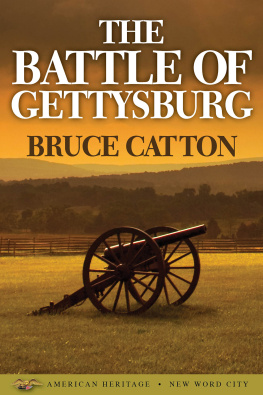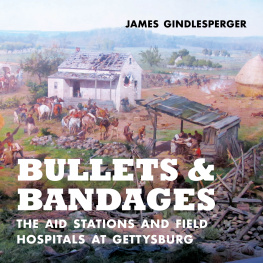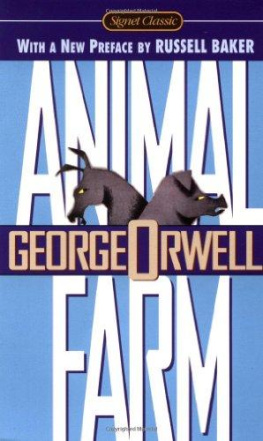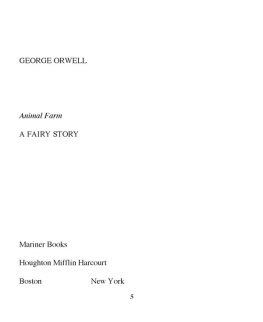Ronald D. Kirkwood - Too Much for Human Endurance: The George Spangler Farm Hospitals and the Battle of Gettysburg
Here you can read online Ronald D. Kirkwood - Too Much for Human Endurance: The George Spangler Farm Hospitals and the Battle of Gettysburg full text of the book (entire story) in english for free. Download pdf and epub, get meaning, cover and reviews about this ebook. year: 2019, publisher: Savas Beatie, genre: Non-fiction. Description of the work, (preface) as well as reviews are available. Best literature library LitArk.com created for fans of good reading and offers a wide selection of genres:
Romance novel
Science fiction
Adventure
Detective
Science
History
Home and family
Prose
Art
Politics
Computer
Non-fiction
Religion
Business
Children
Humor
Choose a favorite category and find really read worthwhile books. Enjoy immersion in the world of imagination, feel the emotions of the characters or learn something new for yourself, make an fascinating discovery.

- Book:Too Much for Human Endurance: The George Spangler Farm Hospitals and the Battle of Gettysburg
- Author:
- Publisher:Savas Beatie
- Genre:
- Year:2019
- Rating:4 / 5
- Favourites:Add to favourites
- Your mark:
Too Much for Human Endurance: The George Spangler Farm Hospitals and the Battle of Gettysburg: summary, description and annotation
We offer to read an annotation, description, summary or preface (depends on what the author of the book "Too Much for Human Endurance: The George Spangler Farm Hospitals and the Battle of Gettysburg" wrote himself). If you haven't found the necessary information about the book — write in the comments, we will try to find it.
Using a massive array of firsthand accounts, Kirkwood re-creates the sprawling XI Corps hospital complex and the people who labored and suffered thereespecially George and Elizabeth Spangler and their four children, who built a thriving 166-acre farm only to witness it nearly destroyed when war paid them a bloody visit that summer of 1863. Stories rarely if ever told of nurses, surgeons, ambulance workers, musicians, teenage fighters, and others are weaved seamlessly through gripping, smooth-flowing prose.
A host of notables spent time at the Spangler farm, including Union officers George G. Meade, Henry J. Hunt, Edward E. Cross, Francis Barlow, Francis Mahler, Freeman McGilvery, and Samuel K. Zook. Pvt. George Nixon III, great-grandfather of President Richard M. Nixon, would die there, as would Confederate Gen. Lewis A. Armistead, who fell mortally wounded at the height of Picketts Charge. In addition to including the most complete lists ever published of the dead, wounded, and surgeons at the Spanglers XI Corps hospital, this study breaks new ground with stories of the First Division, II Corps hospital at the Spanglers Granite Schoolhouse.
Kirkwood also establishes the often-overlooked strategic importance of the property and its key role in the Union victory. Army of the Potomac generals took advantage of the farms size, access to roads, and central location to use it as a staging area to get artillery and infantry to the embattled front line from Little Round Top north to Cemetery Hill just in time to prevent its collapse and a Confederate breakthrough.
Too Much for Human Endurance: The George Spangler Farm Hospitals and the Battle of Gettysburg introduces readers to heretofore untold stories of the Spanglers, their farm, those who labored to save lives and those who suffered and died there. They have finally received the recognition their place in history deserves.
Ronald D. Kirkwood: author's other books
Who wrote Too Much for Human Endurance: The George Spangler Farm Hospitals and the Battle of Gettysburg? Find out the surname, the name of the author of the book and a list of all author's works by series.












